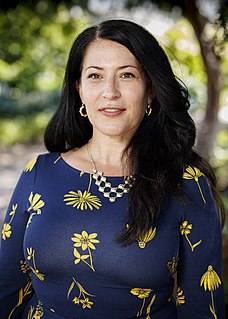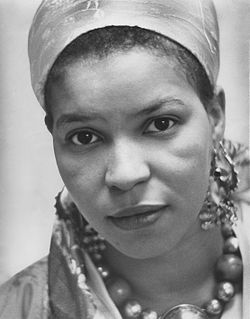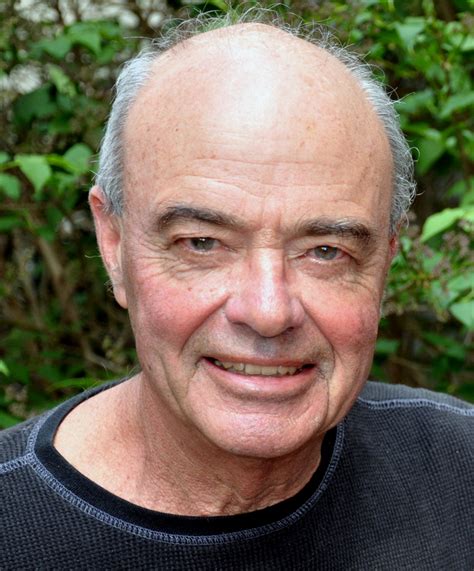A Quote by Emily Dickinson
To see the Summer Sky Is Poetry, though never in a Book it lie— True Poems flee—
Related Quotes
If you can find two poems in a book, it could be a pretty good book for you. You know, two poems you really like. There are some poets who are fairly big names in contemporary poetry and who write a book and I might like three or four poems in the book, but the rest of them don't appeal to me personally; but I think that's the way it really ought to be. I think it's really a rare thing to like everything that somebody has written.
If I'm still wistful about On the Road, I look on the rest of the Kerouac oeuvre--the poems, the poems!--in horror. Read Satori in Paris lately? But if I had never read Jack Kerouac's horrendous poems, I never would have had the guts to write horrendous poems myself. I never would have signed up for Mrs. Safford's poetry class the spring of junior year, which led me to poetry readings, which introduced me to bad red wine, and after that it's all just one big blurry condemned path to journalism and San Francisco.
I believe it's impossible to write good poetry without reading. Reading poetry goes straight to my psyche and makes me want to write. I meet the muse in the poems of others and invite her to my poems. I see over and over again, in different ways, what is possible, how the perimeters of poetry are expanding and making way for new forms.
I have been writing. Even when I intend not to write, I find myself writing. I'm currently in a place where I should be putting together the fifth book, but then more poems are coming. It's exciting and somewhat daunting. You know how we are when a new book of poems is at last coming together - all frenzy, distraction, and bounty? It's as if I've turned into summer itself.
Keats's odes are among my favorite poems ever. As are Neruda's. So yes, I think my poems are odes, though I really just see those titles as ways of more or less orienting the poem. I've never thought about this until now, but I guess you could say that one effect of all the titles, their pervasiveness in the book, might be to once again, as so many other things do, put into question the meaning of the word "for," which I suppose is one of the great human questions: what is all this for? Why, and for whom, are we doing whatever we are doing?
That is why I think, in defiance of Plato, that there is at once error and vulgarity in saying that poetry is a lie, except in the sense that Cocteau wrote one day: I am a lie who always tells the truth. The only poetry which lies purely and simply is academic, pseudo-classical, conceptually repetitive poetry, and it is not poetry.
I never intended to write poems, nor to be a photographer, nor to be a film-maker. I just took many, many pictures and I would put them in an album, and then some years later I decided to show them and suddenly I was called a photographer. Same thing with my poetry. They're notes that I'd written in a book and it may be considered poetry.







































